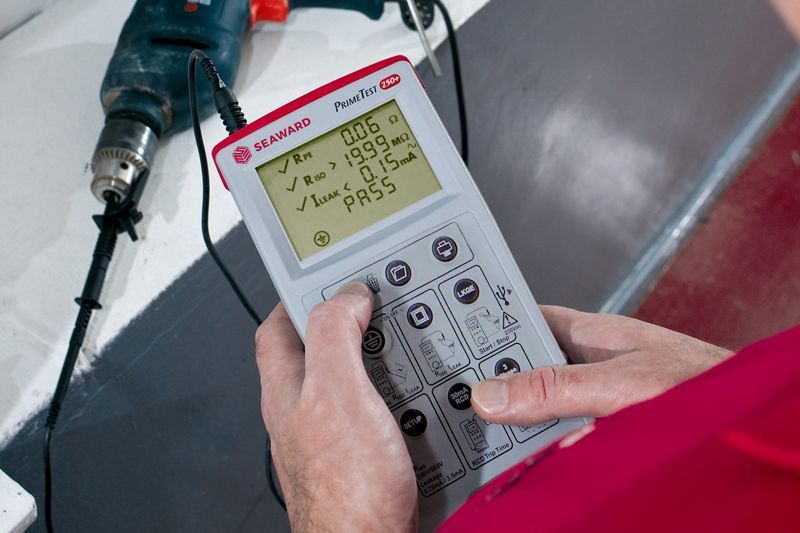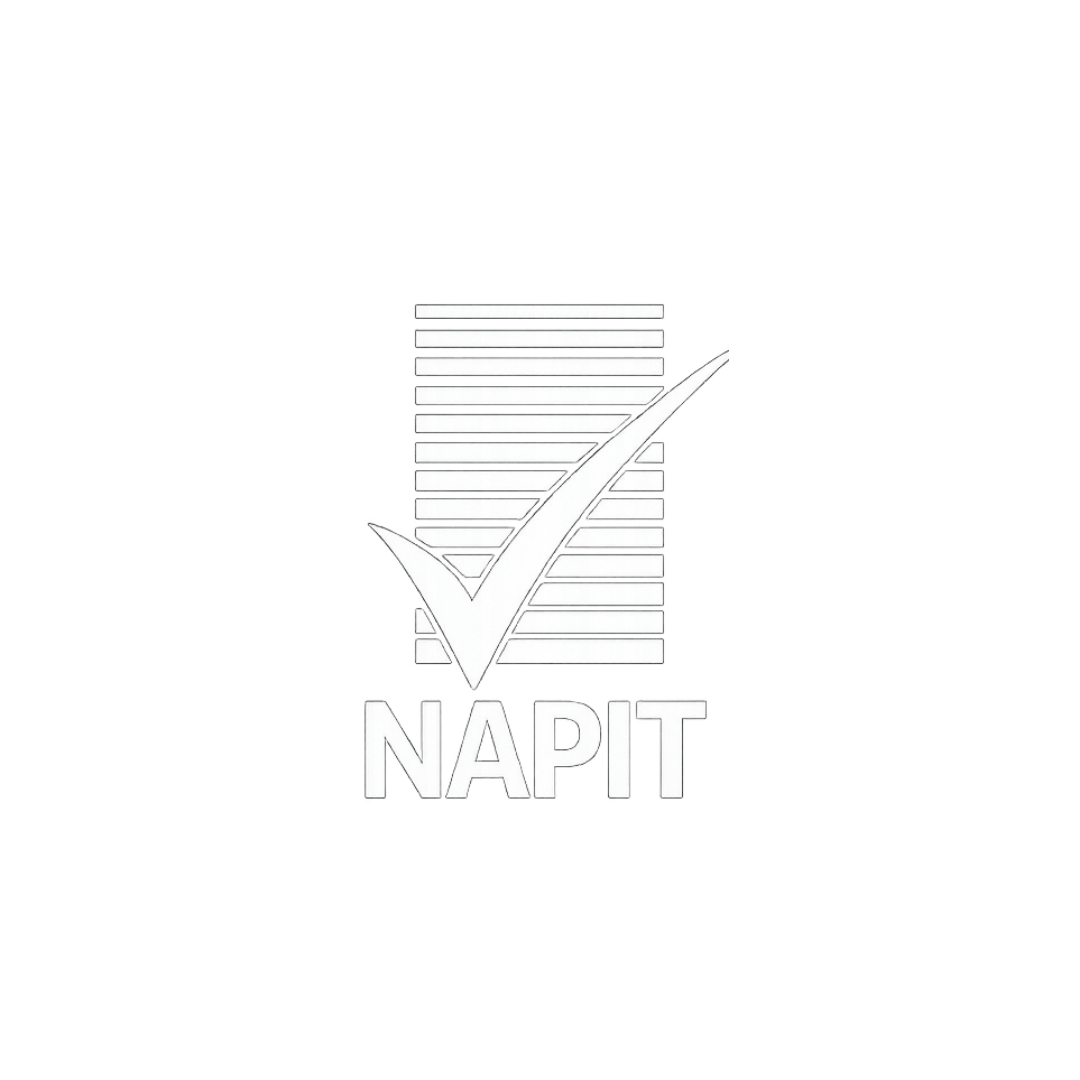PAT Testing for Landlords in London: Legal Requirements & Best Practices
PAT testing in London is an essential responsibility for landlords who want to ensure the safety of their tenants and meet their legal obligations. While PAT (Portable Appliance Testing) isn’t strictly a legal requirement by name, under several housing and electrical safety laws, landlords must ensure all electrical equipment provided is safe to use. This makes PAT testing a critical part of maintaining rental properties across the capital.
In this blog post, we’ll cover everything landlords in London need to know about PAT testing in 2025, from legal expectations to best practices and practical tips for compliance.

What Is PAT Testing and Why Does It Matter?
PAT testing involves the routine inspection and testing of electrical appliances to make sure they’re safe for use. This applies to any portable device that can be moved while still connected to an electrical supply, such as:
- Kettles
- Toasters
- Microwaves
- Lamps
- Electric heaters
- TVs and extension leads
These tests include both visual checks and electrical safety tests. Qualified electricians or trained technicians use specialist equipment to detect internal faults or risks like exposed wires, poor insulation, or earth continuity issues.
For landlords in London, offering a safe rental space is a legal duty. Faulty appliances are a major cause of fires in homes and HMOs. That’s why PAT testing in London is widely recommended—even if not always legally mandated in black and white.
Legal Responsibilities for PAT Testing in London
As of 2025, landlords must comply with several regulations that relate to electrical safety in rented properties. While the law doesn’t explicitly say “you must PAT test,” the responsibility is still there under broader safety obligations.
Here are the key legal frameworks to be aware of:
- Electrical Equipment (Safety) Regulations 1994: Requires all electrical equipment supplied in rented accommodation to be safe.
- The Landlord and Tenant Act 1985: Holds landlords responsible for maintaining electrical installations and ensuring safety throughout the tenancy.
- Housing Act 2004 & HHSRS: Landlords must eliminate risks such as electric shock or fire caused by faulty appliances.
- HMO Licensing Regulations: For Houses in Multiple Occupation (HMOs), PAT testing is often a specific requirement for licence approval.
The best way to prove compliance is through regular PAT testing in London, followed by keeping detailed records of the results.
Best Practices for PAT Testing in London Rental Properties
To meet your obligations and protect your tenants, follow these best practices:
- Test all appliances you provide: This includes anything plugged in and movable—even extension leads.
- Test before each new tenancy: Especially if there’s a gap in occupancy.
- Label all items: Mark appliances with pass/fail stickers and the test date.
- Maintain a PAT log: Keep digital or paper records of each appliance’s test result and retest schedule.
- Choose a qualified professional: Hire a certified technician or electrician. London ELEC offers reliable and accredited PAT testing in London for landlords.
The frequency of testing depends on appliance type, usage, and property type. In HMOs, annual testing is strongly advised. In standard tenancies, every two years is often sufficient, but high-use items like kettles may need checking more frequently.
How to Choose a PAT Testing Service in London
When selecting a company for PAT testing in London, make sure they:
- Are qualified and insured to carry out electrical testing.
- Use calibrated equipment.
- Provide detailed reports for your records.
- Offer clear, fixed pricing without hidden fees.
- Have experience working with landlords and rental properties.
At London ELEC, we offer transparent, fully compliant PAT testing packages for landlords, HMOs, and letting agents across Greater London. Our certified technicians work efficiently and respect your tenants’ space.
PAT Testing in London
What does PAT testing involve for landlords?
PAT testing checks the safety of electrical appliances through visual inspections and specialised testing tools. It helps landlords prove compliance with regulations and protect tenants from potential fire or shock risks.
Is PAT testing a legal requirement for landlords?
While not legally required by name, PAT testing helps landlords comply with electrical safety laws and HMO licensing conditions. It's considered best practice and often essential for proving due diligence.
How often should PAT testing be done in rental properties?
There’s no fixed rule, but annual testing is recommended for HMOs and high-use items. For standard rental properties, testing every two years is typically sufficient. Always test before a new tenancy.
Who can carry out PAT testing for landlords?
PAT testing must be done by someone competent with the right training and equipment. While landlords can do it themselves after proper training, hiring a qualified electrician is safer and more reliable. Read the Full Article (Source:
Wikipedia)
Stay Safe and Compliant with PAT Testing in London
For landlords, PAT testing in London is more than a checkbox—it’s a safeguard for your tenants, your property, and your legal standing. It shows due diligence, supports insurance claims, and contributes to a professional relationship with tenants.
With rising expectations for rental property safety in 2025, now’s the time to make PAT testing part of your regular maintenance schedule. Partnering with an experienced provider like London ELEC ensures thorough, affordable testing that helps you meet your responsibilities without stress.
To learn more or book a PAT testing service, visit London ELEC today.









